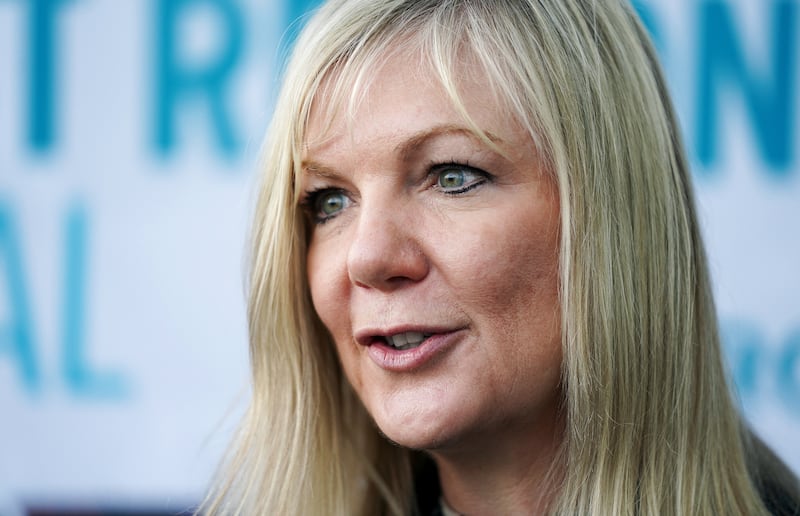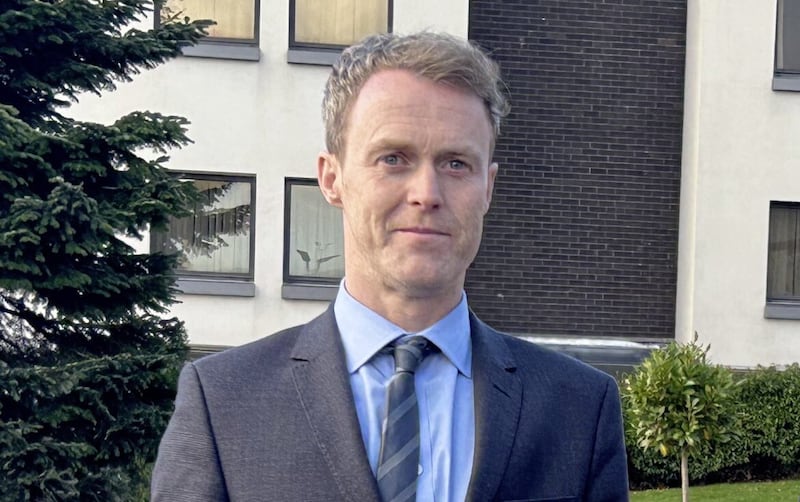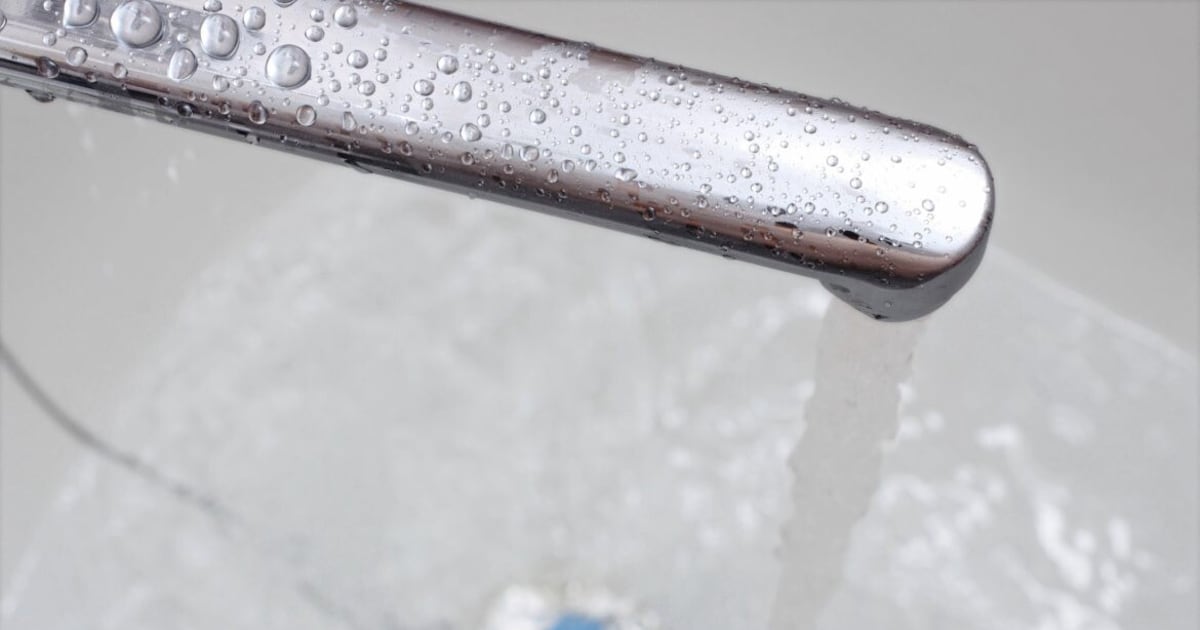A domestic rates levy along with potential support from both the UK and Irish government could help solve what is described as the wastewater and housing crises, according to an independent report commissioned by construction firms and housing associations.
The report, to be published today, suggests a levy that will add just over £100 annually to domestic rate bills, while it proposes London and Dublin weighing in with support for a wastewater transformation fund.
It was commissioned by the NI Chamber, the Construction Employers Federation (CEF) and the Northern Ireland Federation of Housing Associations (NIFHA).
The report, or position paper, suggests a “progressive and modest rates-based levy to meet the deficit” in the coming years and “calls on the UK government with support from the Irish government, to establish a Wastewater Infrastructure Transformation Fund”.
Creaking infrastructure impacting on ability to build homes PICTURE: COLM LENAGHAN
“The purpose of the fund would be to ensure major capital programmes…are sufficiently funded to kick-start more home building and industrial development across Northern Ireland,” say the authors, Grant Thornton and Turley, a consultancy firm.
The current and previous Stormont governments have ruled out any charges for water, despite warnings the only way to fix the infrastructure is to raise a significant amount of revenue.
Earlier this month, the NI Fiscal Council warned of a “critical funding crisis” that threatens to undermine economic growth, housing delivery and environmental protections.
 NI Chamber chief executive Suzanne Wylie (Brian Lawless/PA)
NI Chamber chief executive Suzanne Wylie (Brian Lawless/PA)
The paper presents models laying out how the levy applied to rates could “recoup the cost of borrowing over 40 years”. Modelling by Grant Thornton suggests an average domestic rate bill increase of £101.15.
Suzanne Wylie, NI Chamber chief executive, said “every report…to date has said that a solution needs to involve some form of revenue raising”.
“The NI Executive has made it clear that to date, this is not part of its plan. However, this report sets out mechanisms for keeping any levy to an absolute minimum,” Ms Wylie, adding one of the the models suggests the cost to the domestic ratepayer could be an average additional £11.80 per month.
“Without such an investment it will be much more difficult to grow Northern Ireland’s economy, build enough homes to meet the needs of all our population, maintain and grow our construction sector and prevent more pollution of our waterways.” she added.
Mark Spence, CEF chief executive said “recent weeks have brought the urgent need for action into sharp focus”.
 NIFHA chief executive Seamus Leheny.
NIFHA chief executive Seamus Leheny.
“While the infrastructure minister’s three-pronged approach has some merit, it’s clear that the department for infrastructure’s proposals on developer contributions and sustainable drainage fall far short of addressing the barriers to economic growth and environmental decline,” Mr Spence argued.
“Housing is a human right, but the current funding model places our supply of much-needed housing in severe jeopardy,” said Seamus Leheny, head of NIFHA.
“This is a clear ‘invest-to-save’ opportunity and doing nothing, risking huge societal, economic and environmental damage, is not an option,” Mr Leheny said.


